An Overview of the Advisory Council On Religious Affairs In Nigeria. Daily Law Tips (Tip 695) by Onyekachi Umah, Esq., LL.M, ACIArb(UK)
Introduction:
Religious intolerance has been a pain in Nigeria. From the southern and western part of Nigeria, came western colonial masters and missionaries, who persuaded and introduced their religion (Christianity) to replace common African traditions and native religions. Passing through the northern parts of Nigeria in the 11th century, travelling Islamic scholars ushered in Islam across Hausa kingdoms. Merging of the South and North to form Nigeria, brought the need for Islam and Christianity to peacefully co-exist in Nigeria.
As time went on, the both imported religions have had their followers fight themselves and kill in the name of religion. By 1987, religious intolerance was a huge national issue, and having a national policy or plan for peaceful co-existence of Christians and Muslims became crucial. This work will reveal the federal law that created the Advisory Council On Religious Affairs to foster peace and ensure tolerance among Christians and Muslims in Nigeria. It considers the purpose, membership, functions and finance of the Advisory Council On Religious Affairs.
Purpose and Membership of the Council:
On 2nd October 1987, the federal government of Nigeria established the Advisory Council On Religious Affairs. The Council is set up to foster religious harmony in Nigeria. The Council is made up of 24 members; 12 members are from Christian groups while the remaining 12 members are from Muslim groups. The Council members appoint their Chairman and Secretary on a rotational basis and at no time can both Chairman and Secretary be from same religion.
The Secretariat for the Advisory Council On Religious Affairs is situated at the Federal Ministry of Internal Affairs, Abuja. However, the Council is independent of the Federal Ministry of Internal Affairs. By every December in a year, the Council must prepare and submit to the President of Nigeria a report of the activities of the Council during the year.
Functions of the Council:
The Advisory Council On Religious Affairs has a duty to ensure their religious harmony across Nigeria. And its functions are;
(a) promoting and inculcating moral values in the Nigerian society;
(b) serving as an avenue for articulating cordial relationship amongst the various religious groups and between them and the Federal Government;
(c) assisting the Federal and State Governments of Nigeria and the populace by stressing and accentuating the position and roles religion should play in national development;
(d) serving as a forum for harnessing religion to serve national goals towards economic recovery, consolidation of national unity and the promotion of political cohesion and stability;
(e) considering and making recommendations to the Federal Government on matters that may assist in fostering the spiritual development of Nigeria in a manner acceptable to all religious groups;
(f) making recommendations on such other matters as the Federal Government may from time to time refer to the Council.
Finance of the Council:
Like any other agency, the Advisory Council On Religious Affairs has access to public fund. It is funded by the Federal Government of Nigeria. Every year, before 31 August 2020, the Secretary of the Council is expected to prepare an estimate of the expenditure and income of the Council during the next succeeding year and submit it to the Vice-President of Nigeria for approval.
Conclusion & Recommendation:
If religious crisis must stop in Nigeria, then the Advisory Council On Religious Affairs must play its statutory duty. They have a legally prescribed national assignment (ensuring religious harmony in all parts of Nigeria) and access to national fund. Most of all crises in Nigeria start as religious crisis or later metamorphosis to a religious crisis. This is the reality of Nigeria and must be fixed by the Council. Religion is a multiple chain affair and all stakeholders must be carried along. There is need for publicity on this agency and their sensitive role at this time in Nigeria.
References:
- Sections 1, 2, 3, 251, 318 and 319 of the Constitution of Federal Republic of Nigeria, 1999.
- Sections 1, 2, 3, 4, 5, 6, 7, 8, 9 and 10 of Advisory Council On Religious Affairs Act, 1987
- Radio Nigeria, “Chairman of Advisory Committee on Religious Affairs to the Sultanate Council” (Radio Nigeria, 14 July 2018) <https://www.radionigeria.gov.ng/tag/chairman-of-advisory-committee-on-religious-affairs-to-the-sultanate-council/ > accessed 11 November 2020
- Onyekachi Umah, “What Is The Official Religion Of Nigeria And States In Nigeria?” (LearnNigerianLaws.com, 7 March 2019) <https://sabilaw.org/daily-law-tips-by-onyekachi-umah-esq-tip-283-what-is-the-official-religion-of-nigeria-and-states-in-nigeria/ > accessed 11 November 2020
- African Studies Center, Leiden, “Islam In Nigeria” (ascleiden, 15 November 2002) < https://www.ascleiden.nl/content/webdossiers/islam-nigeria > accessed 11 November 2020.
#SabiLaw
#DailyLawTips
#SabiBusinessLaw
#SabiElectionLaws
#SabiHumanRights
#SabiLawOnBeatFm
#SabiLawLectureSeries
#CriminalJusticeMonday
#SabiLawVideoChallenge
Feel free to reach the author, ask questions or make inquiries on this topic or any other legal issues via onyekachi.umah@gmail.com or +2348037665878.
****************************************************************************************
This work is published under the free legal awareness project of Sabi Law Foundation (www.SabiLaw.org) funded by the law firm of Bezaleel Chambers International (www.BezaleelChambers.com). The writer was not paid or charged any publishing fee. You too can support the legal awareness projects and programs of Sabi Law Foundation by donating to us. Donate here and get our unique appreciation certificate or memento.
DISCLAIMER:
This publication is not a piece of legal advice. The opinion expressed in this publication is that of the author(s) and not necessarily the opinion of our organisation, staff and partners.
PROJECTS:
🛒 Take short courses, get samples/precedents and learn your rights at www.SabiLaw.org
🎯 Publish your legal articles for FREE by sending to: eve@sabilaw.org
🎁 Receive our free Daily Law Tips & other publications via our website and social media accounts or join our free whatsapp group: Daily Law Tips Group 6
KEEP IN TOUCH:
Get updates on all the free legal awareness projects of Sabi Law (#SabiLaw) and its partners, via:
YouTube: SabiLaw
Twitter: @Sabi_Law
Facebook page: SabiLaw
Instagram: @SabiLaw.org_
WhatsApp Group: Free Daily Law Tips Group 6
Telegram Group: Free Daily Law Tips Group
Facebook group: SabiLaw
Email: lisa@sabilaw.org
Website: www.SabiLaw.org
ABOUT US & OUR PARTNERS:
This publication is the initiative of the Sabi Law Foundation (www.SabiLaw.org) funded by the law firm of Bezaleel Chambers International (www.BezaleelChambers.com). Sabi Law Foundation is a Not-For-Profit and Non-Governmental Legal Awareness Organization based in Nigeria. It is the first of its kind and has been promoting free legal awareness since 2010.
DONATION & SPONSORSHIP:
As a registered not-for-profit and non-governmental organisation, Sabi Law Foundation relies on donations and sponsorships to promote free legal awareness across Nigeria and the world. With a vast followership across the globe, your donations will assist us to increase legal awareness, improve access to justice, reduce common legal disputes and crimes in Nigeria. Make your donations to us here or contact us for sponsorship and partnership, via: lisa@SabiLaw.org or +234 903 913 1200.
**********************************************************************************


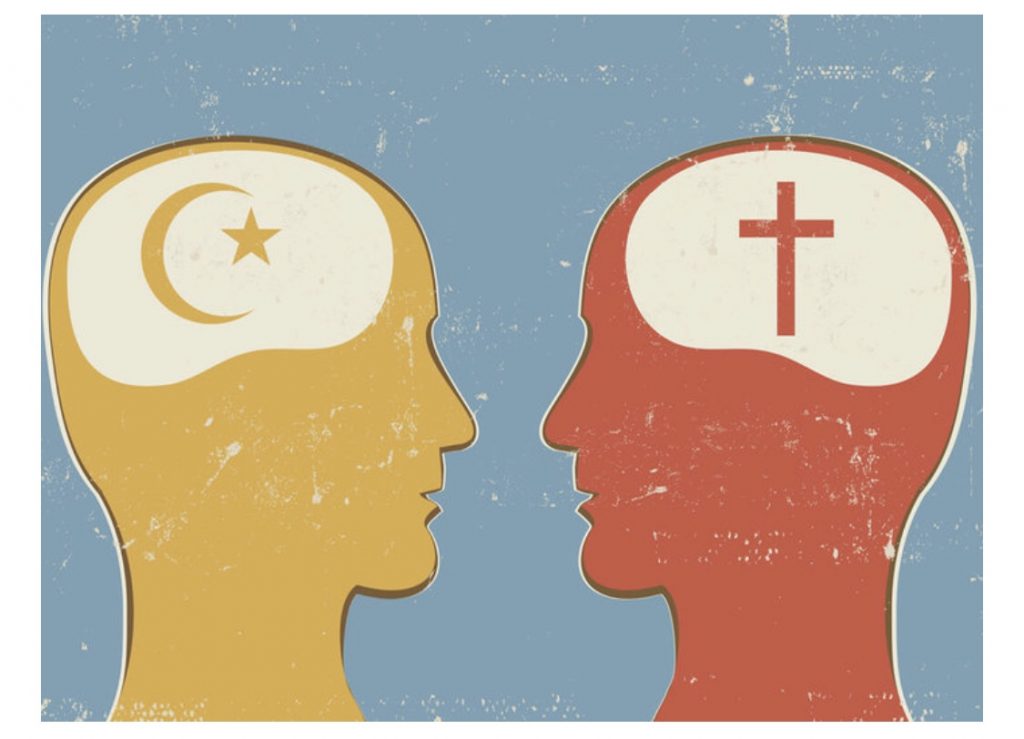









































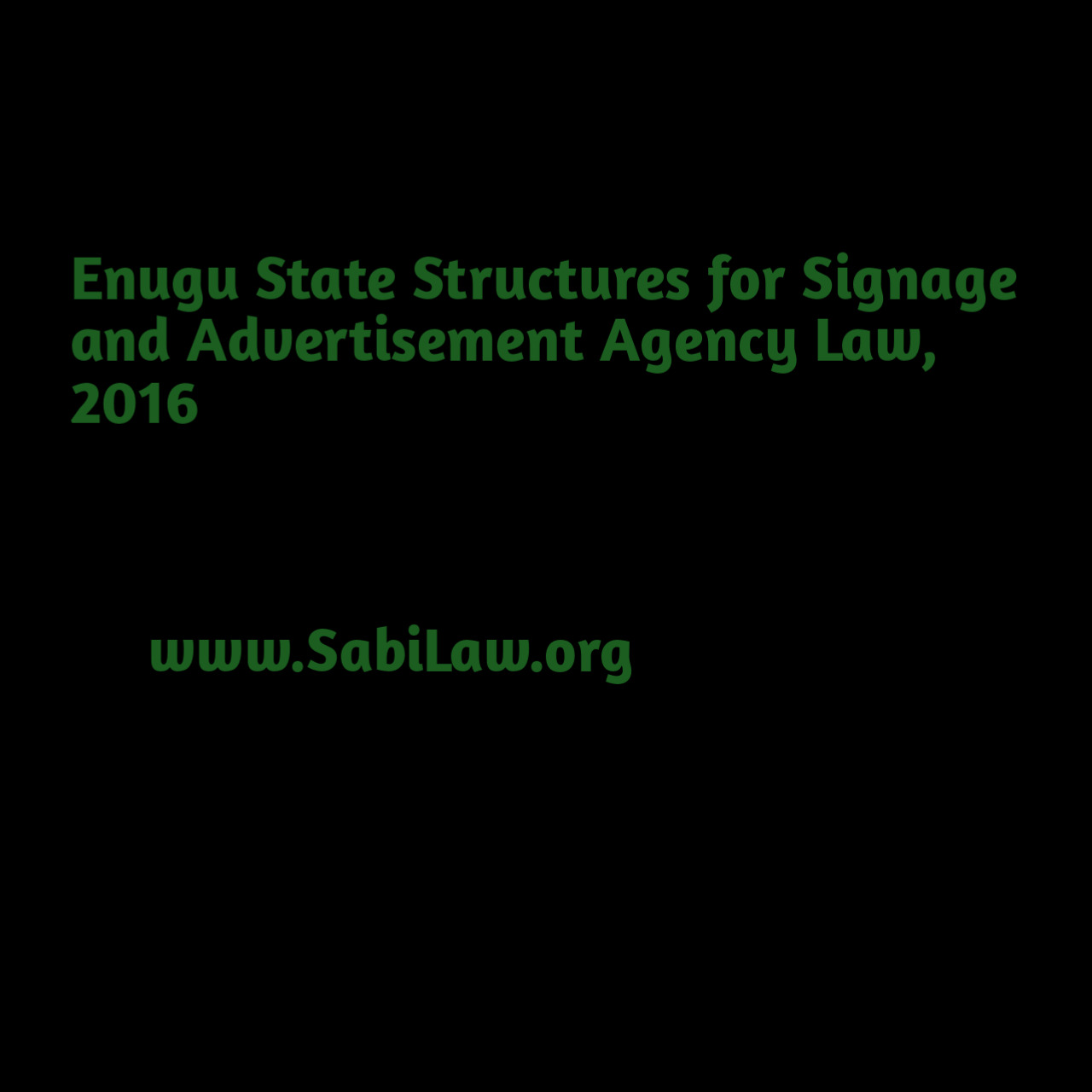
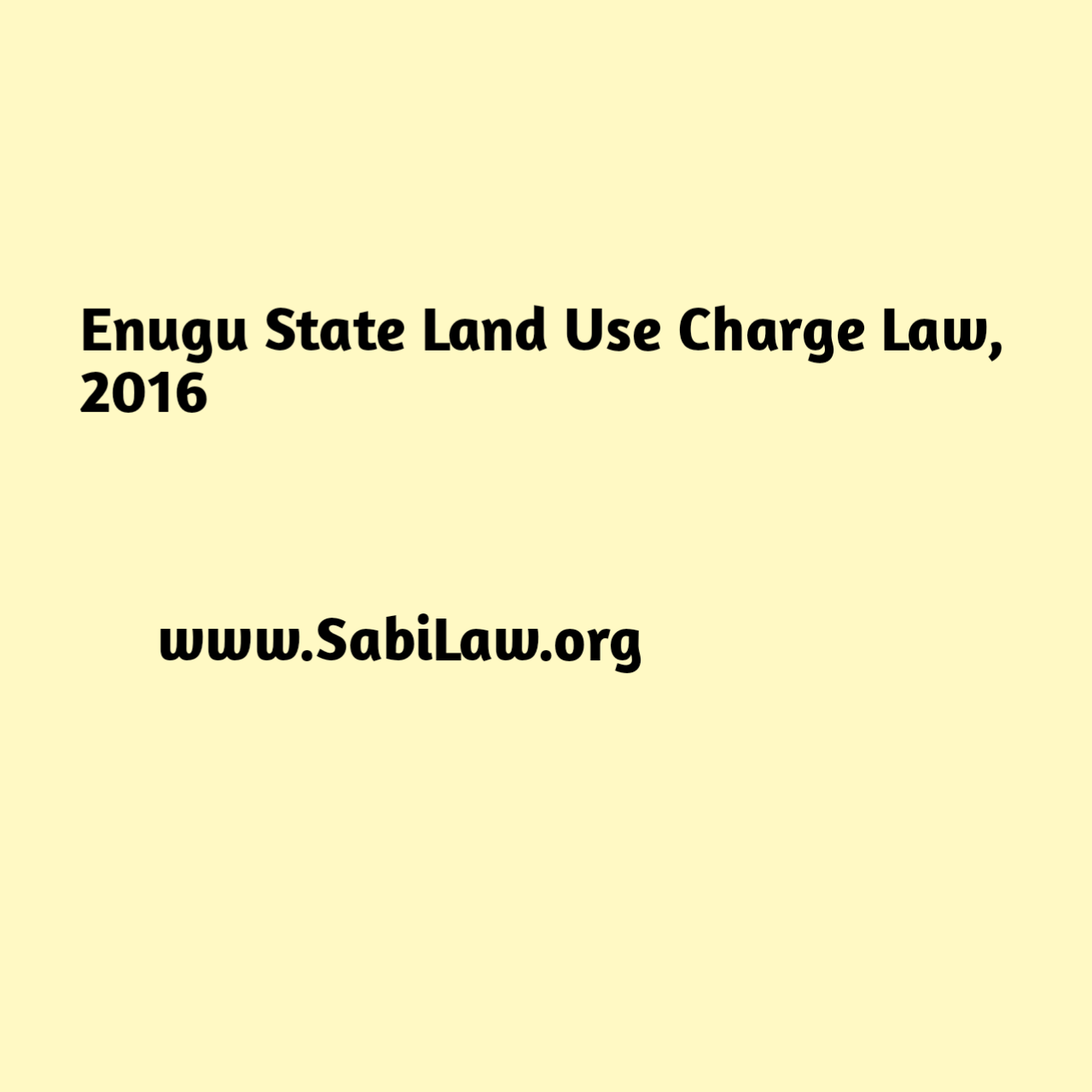
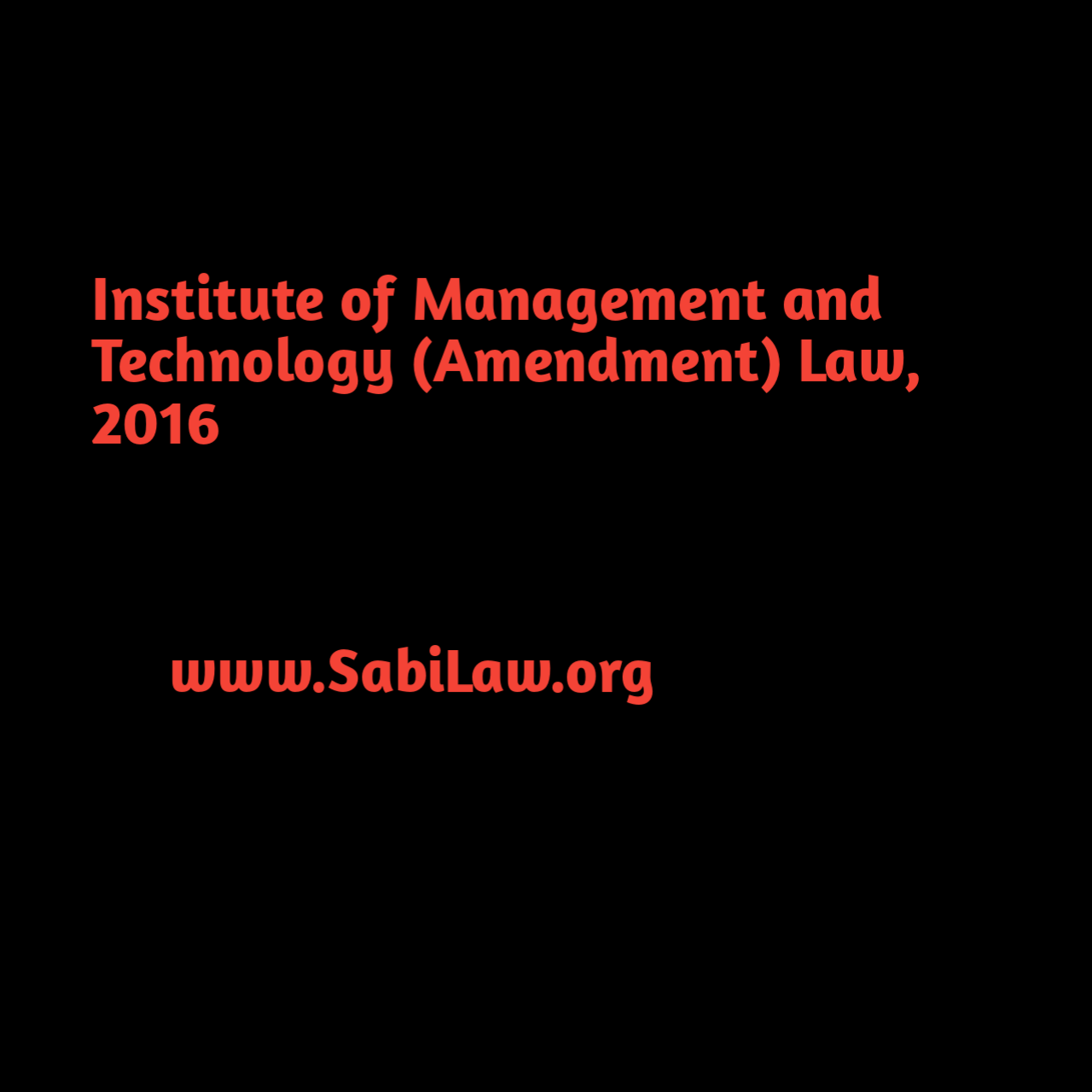
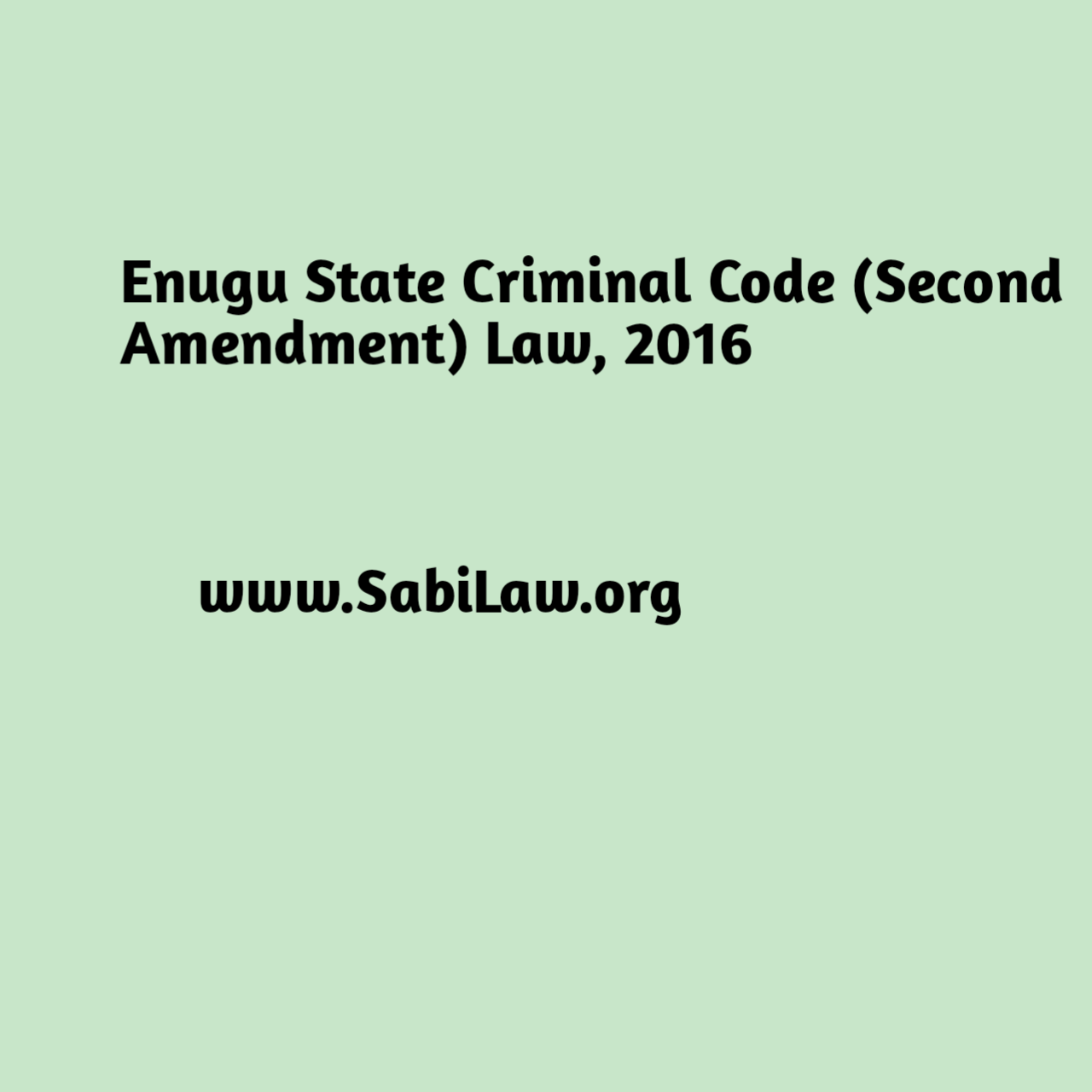
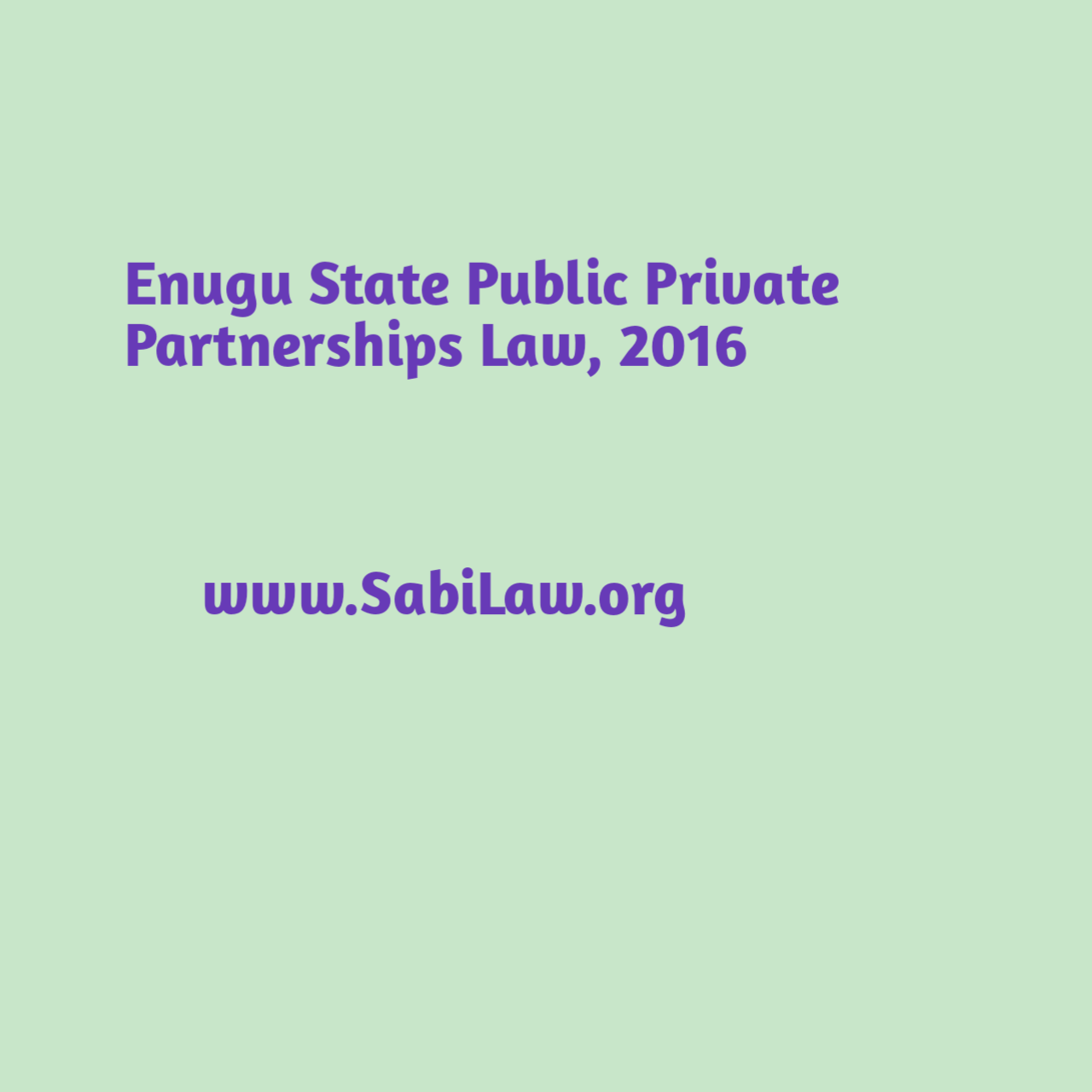
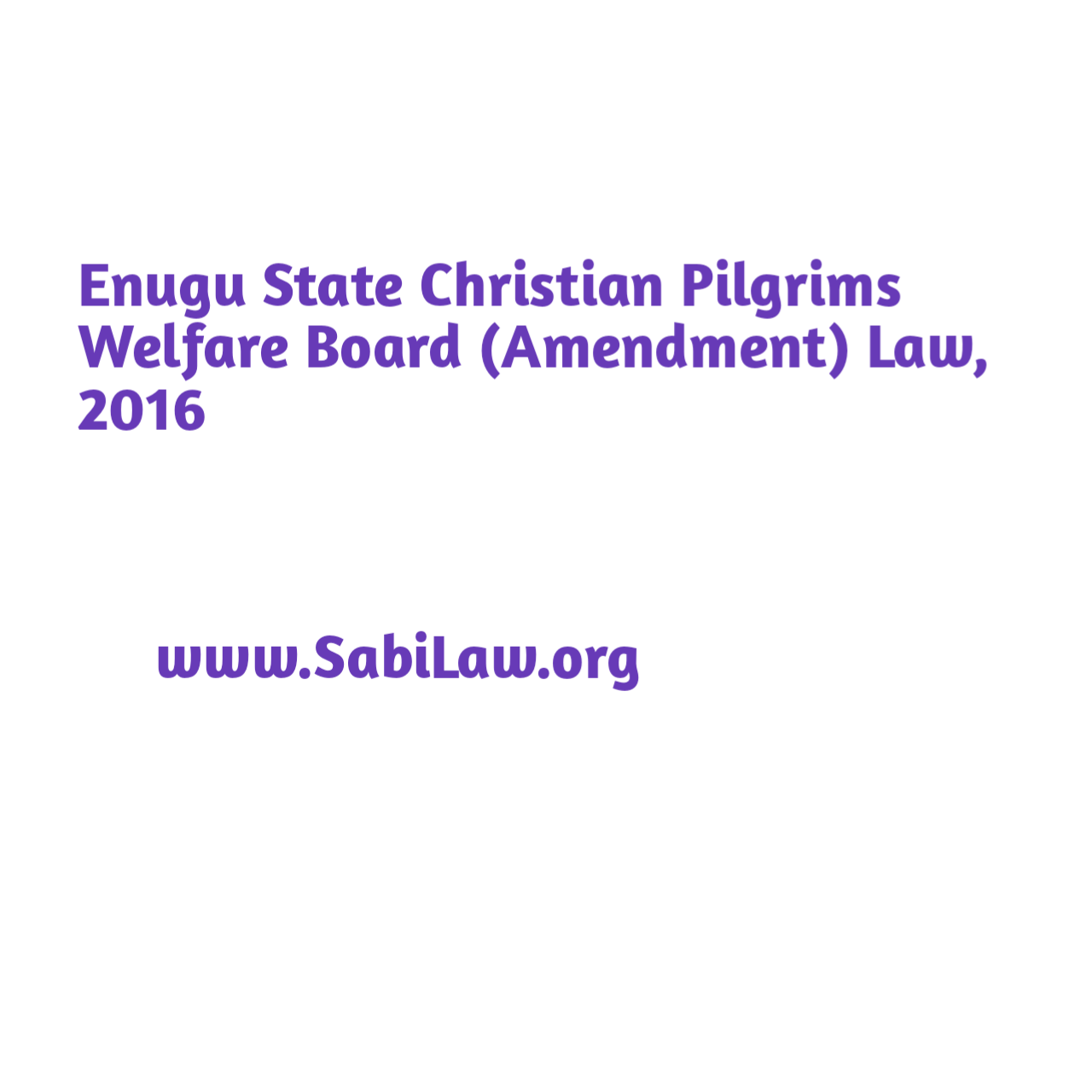
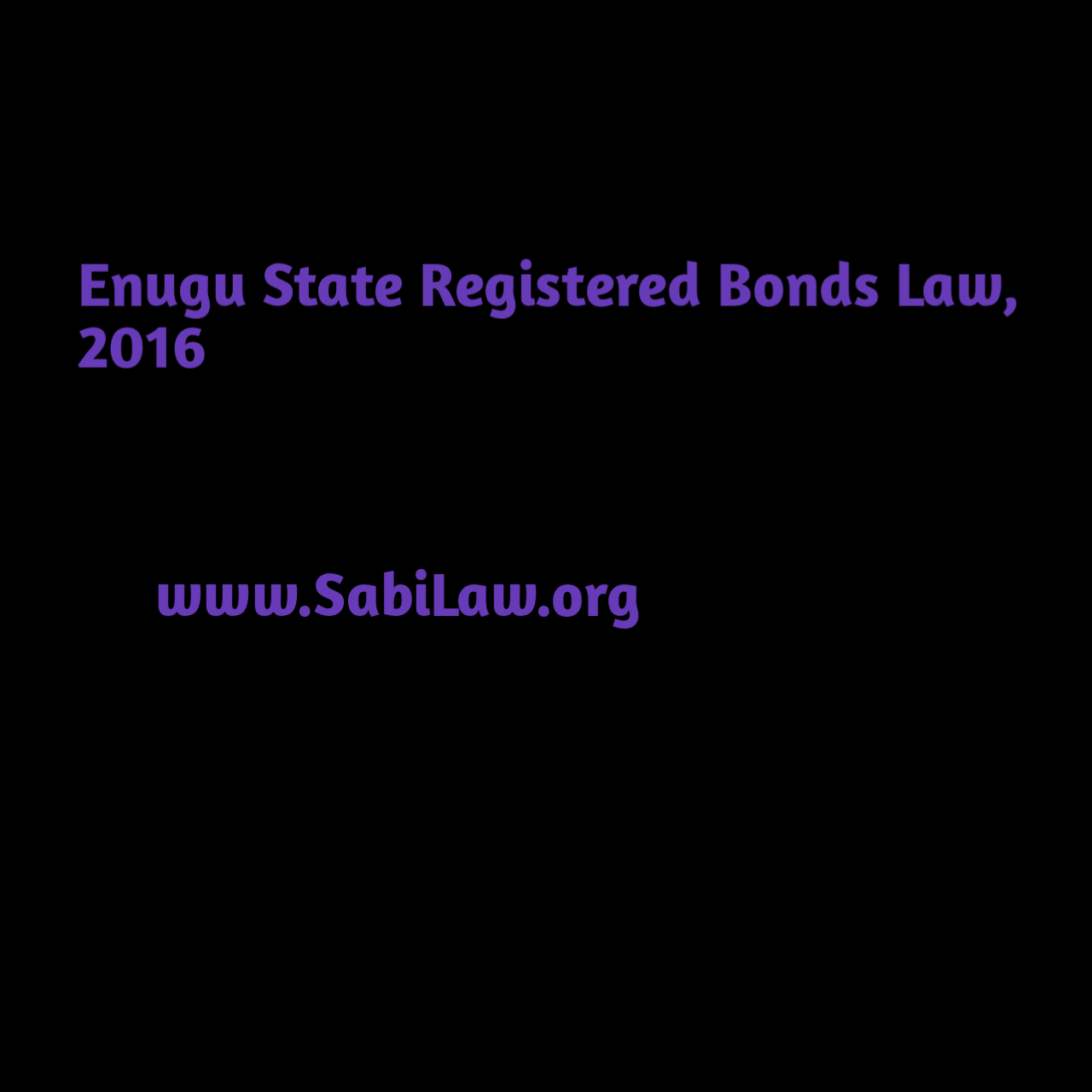
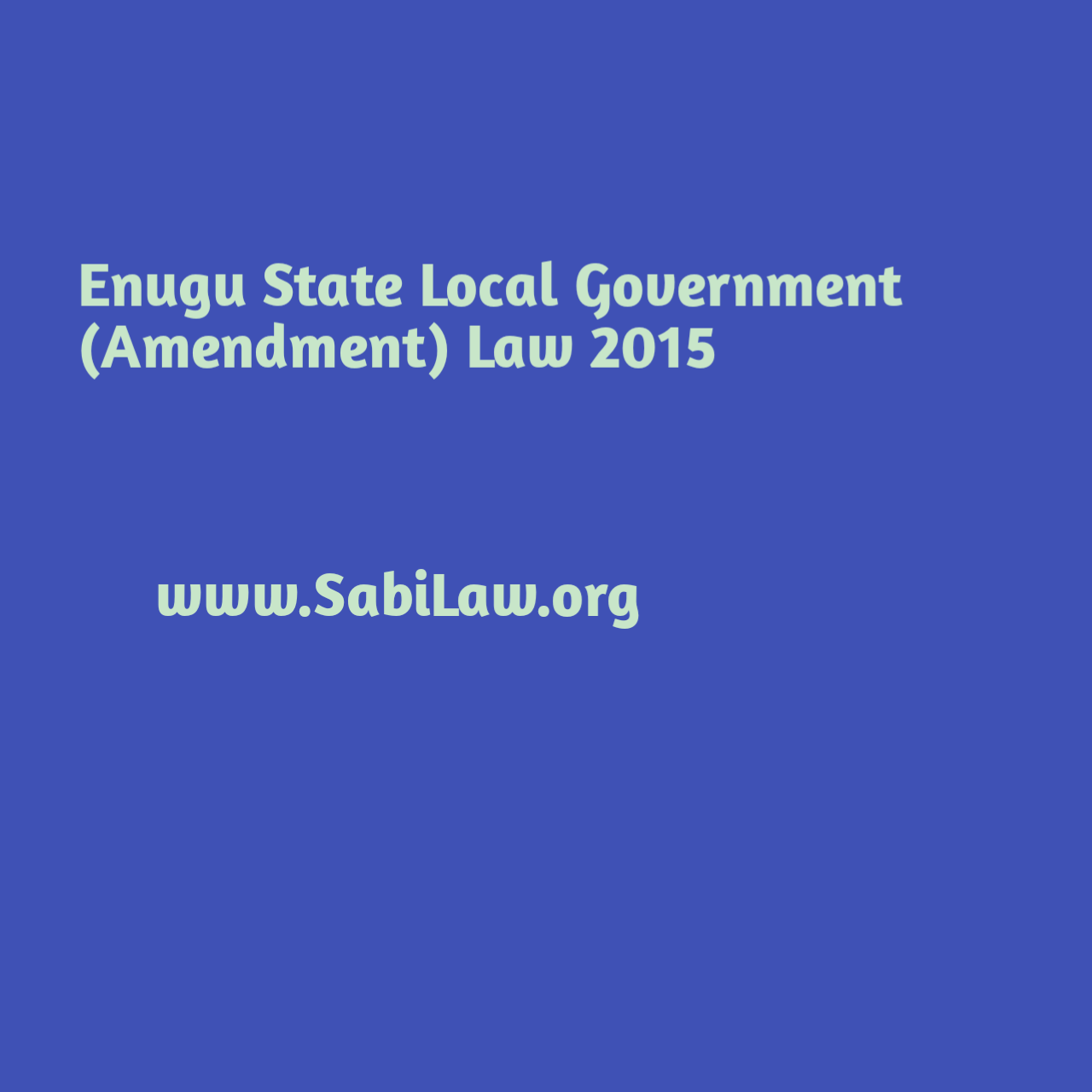
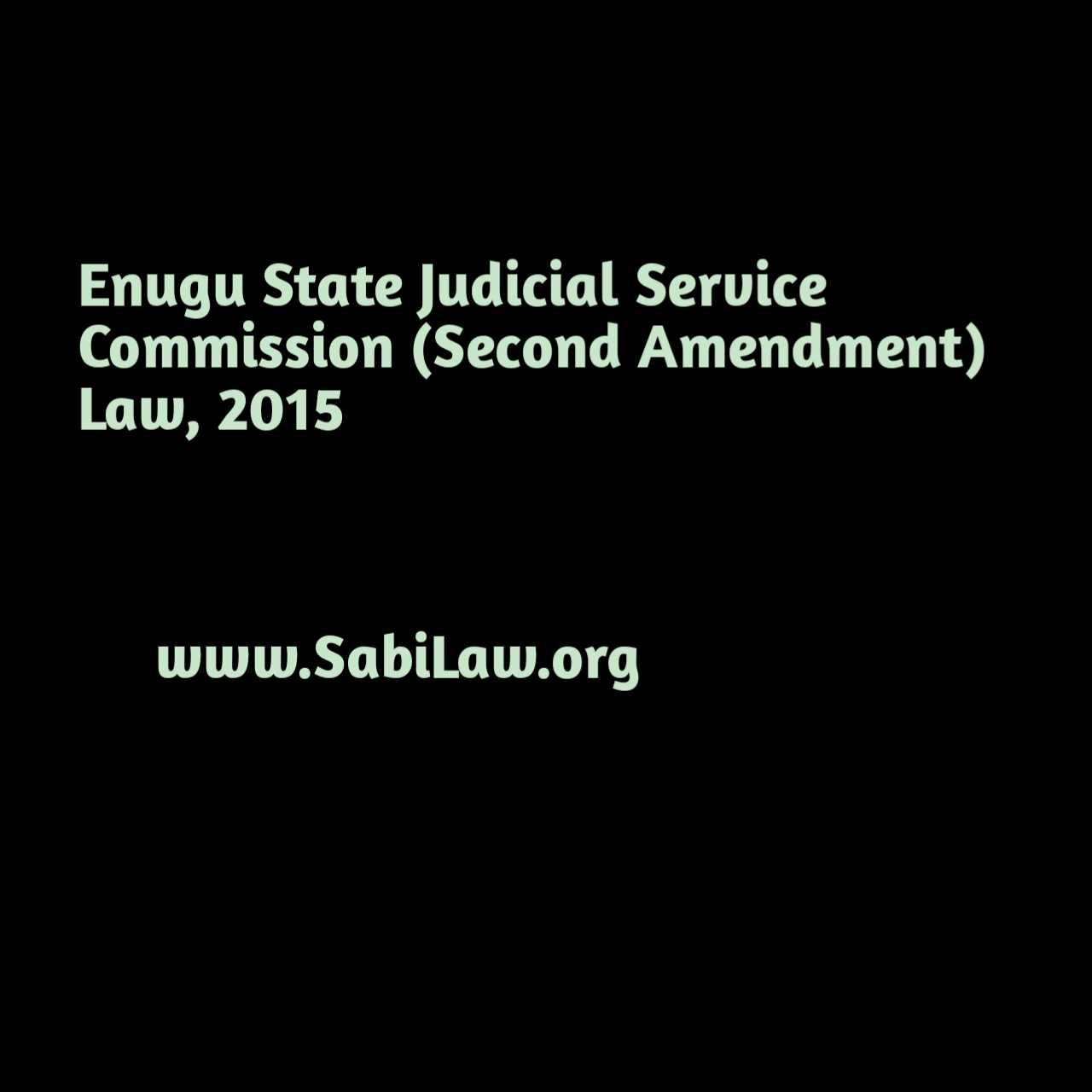
One Response
Thanks